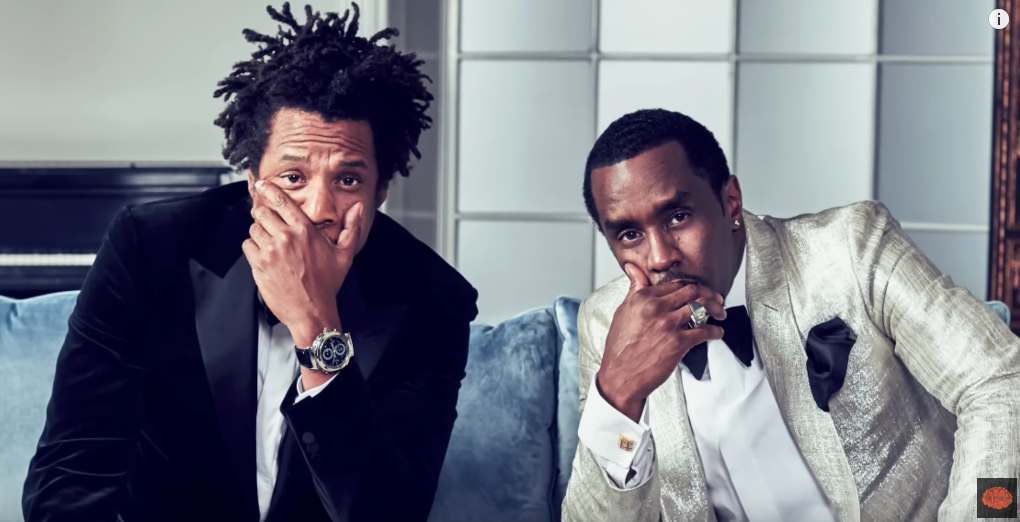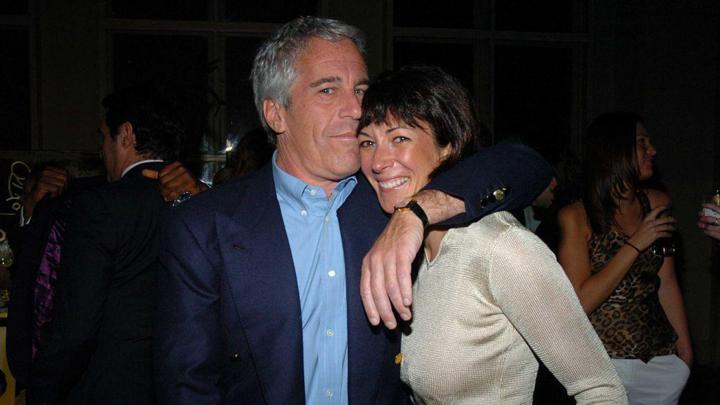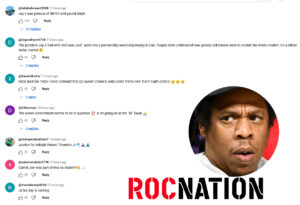On a day in 2010, Sean "Diddy" Combs seemingly demonstrated his controlling nature during a kitchen encounter with his girlfriend, Cassie Ventura, which came to light during his recent trial. Ventura recounted a prolonged relationship in which Combs, who is 17 years her senior, imposed violence and manipulation upon her, controlling her life in extreme ways. While Diddy was found guilty of charges related to prostitution, he was acquitted of more serious offenses, raising questions about the lack of accountability for powerful figures in hip-hop compared to Hollywood's MeToo movement.
Ms. Ventura’s case showcases an industry-wide issue where survivors struggle to come forward due to a pervasive culture of silence, often protected by non-disclosure agreements. Cristalle Bowen, a rapper, pointed to the industry's misogyny and the challenges women face in a money-driven environment where abusers often evade repercussions. Many insiders and activists argue that this culture spans all music genres, though hip-hop presents particular challenges due to its roots in the Black community and its near-celebrity status for its male figures.
The music industry has historically shielded sexual predators, and this lack of accountability is compounded by systemic racism and misogyny, undermining the efforts of survivors. Activist Caroline Heldman highlighted how the industry's playbook favors abusers and discourages victims from seeking justice, fearing retaliation and industry backlash. This dynamic makes it difficult for women, especially women of color, to navigate their careers while confronting abuse.
The recent trial of Diddy is part of a broader landscape where several prominent figures in hip-hop have faced allegations of misconduct, highlighting a critical moment for the genre. As hip-hop continues to evolve, commentators are challenging whether the culture can confront its issues head-on, similar to the changes prompted by the MeToo movement in film and television.
Ms. Ventura's case drew attention not only to Diddy’s alleged abuses but to the challenges surrounding accountability in hip-hop. As calls grow for a MeToo reckoning in the music industry, the reality remains that lasting change requires more than public trials and convictions—such changes must incorporate structural reforms to protect and empower victims.
The struggle to hold powerful figures accountable in hip-hop reflects broader dynamics and reveals the ongoing need for systemic change to ensure that survivors can speak out without fear of reprisal. Arguments for the introduction of new policies, including reporting requirements for allegations of abuse, echo the demand for justice that has been simmering within the industry for too long.
Ms. Ventura’s case showcases an industry-wide issue where survivors struggle to come forward due to a pervasive culture of silence, often protected by non-disclosure agreements. Cristalle Bowen, a rapper, pointed to the industry's misogyny and the challenges women face in a money-driven environment where abusers often evade repercussions. Many insiders and activists argue that this culture spans all music genres, though hip-hop presents particular challenges due to its roots in the Black community and its near-celebrity status for its male figures.
The music industry has historically shielded sexual predators, and this lack of accountability is compounded by systemic racism and misogyny, undermining the efforts of survivors. Activist Caroline Heldman highlighted how the industry's playbook favors abusers and discourages victims from seeking justice, fearing retaliation and industry backlash. This dynamic makes it difficult for women, especially women of color, to navigate their careers while confronting abuse.
The recent trial of Diddy is part of a broader landscape where several prominent figures in hip-hop have faced allegations of misconduct, highlighting a critical moment for the genre. As hip-hop continues to evolve, commentators are challenging whether the culture can confront its issues head-on, similar to the changes prompted by the MeToo movement in film and television.
Ms. Ventura's case drew attention not only to Diddy’s alleged abuses but to the challenges surrounding accountability in hip-hop. As calls grow for a MeToo reckoning in the music industry, the reality remains that lasting change requires more than public trials and convictions—such changes must incorporate structural reforms to protect and empower victims.
The struggle to hold powerful figures accountable in hip-hop reflects broader dynamics and reveals the ongoing need for systemic change to ensure that survivors can speak out without fear of reprisal. Arguments for the introduction of new policies, including reporting requirements for allegations of abuse, echo the demand for justice that has been simmering within the industry for too long.





















